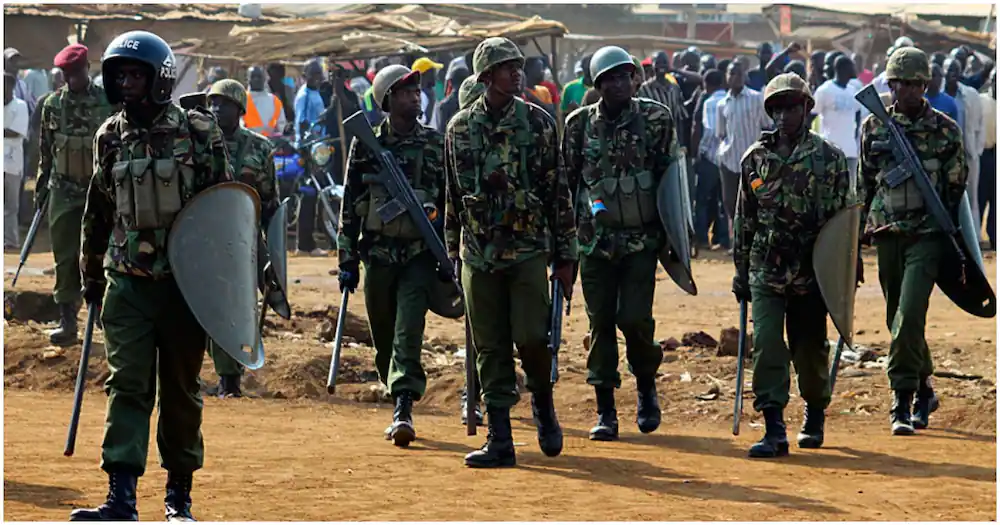The deployment of Kenyan police officers to Haiti continues to face strong opposition from both countries, as various challenges persist.
The Transitional Presidential Council’s lack of clear communication, coupled with warnings from gang leaders and legal actions taken by activists and Kenyan lawyers, has contributed to the uncertain situation surrounding the deployment.
Originally scheduled to arrive in Haiti this week, the first batch of officers forms part of the Multinational Security Support (MSS) mission, following parliamentary and cabinet approval for the deployment of 1,000 police officers.
In January, High Court Judge Enock Chacha Mwita ruled any decision to deploy police officers to Haiti unconstitutional, illegal, and invalid.
Lawyer and Thirdway Alliance party leader Ekuru Aukot filed an application in court on Friday, seeking to hold the government in contempt over plans to send 200 police officers to Haiti.
A Haiti-based group, the Movement Unforgettable Dessalines Jean Jacques (MUDJJ), commended Aukot for his efforts to halt the deployment, stating that the move aligns with the interests of the Haitian people.
The group emphasized that Haiti’s internal issues should be addressed internally, without external interference, and criticized President William Ruto’s alignment with external influences rather than African solidarity and self-determination.
Meanwhile, preparations for the deployment continue, with US army officers already in Haiti constructing barracks for the Kenyan police officers.
Former acting Prime Minister of Haiti, Ariel Henry, who initially supported the deployment, was forced to resign amidst escalating violence in the country.
Despite the opposition and legal challenges, the first batch of around 200 Kenyan officers is expected to depart for Haiti soon.
These officers, drawn from specialized units like the Recce Squad and Rapid Deployment Force, have experience in dealing with violent crime, particularly against Al Shabaab militants in Kenya’s North Eastern Region.
However, they are likely to face significant resistance from Haitian gangs, with leaders warning of fierce opposition to the multinational mission.
Civil rights groups within Haiti have echoed these concerns, highlighting the formidable challenges the Kenyan officers may encounter in restoring peace and security in the troubled nation.
Water Crisis In Homa Bay Town Sparked By Unpaid Electricity Bills
Ruto Encourages Top US Universities To Establish Exchange Programs With Kenya

